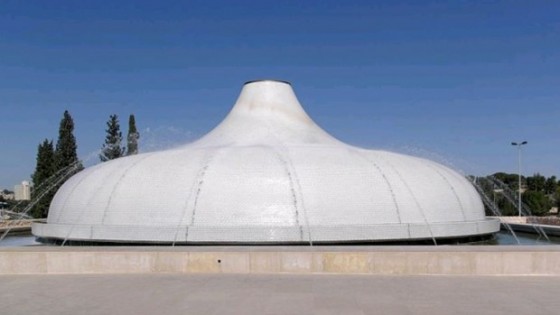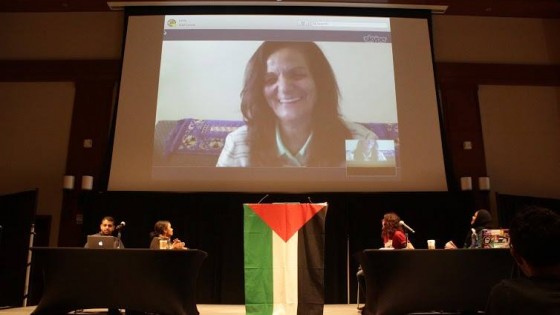SPME- University of Pittsburgh and SPME Board of Directors SPME members, along with students from the University of Pittsburgh Hillel-Jewish University Center and the local ZOA director, responded to speakers hosted by the Law School chapter of the National Lawyer’s Guild.
The website of the National Lawyers Guild claims the organization “is dedicated to the need
for basic and progressive change in the structure of our political and economic system” and that the Guild “works locally, nationally and internationally as an effective political and social force in the service of the people.”
The National Lawyer’s Guild has taken a large interest in the war in Gaza. It sent a nine-member fact-finding mission to Gaza “to assess the effects of the recent attacks on the people there [and] to determine what, if any, violations of international law occurred and whether U.S. domestic law has been violated as a consequence” (_http://www.nlg.org/news/_ ). One member of the Pitt Law School faculty, Jules Lobel, served on the delegation. He and a visiting professor of cultural studies, Dr. Magid Shihad, presented their view of the war, the region, and history of conflict.
SPME was alerted by a law student and mobilized to present an alternative voice. The law student reported that the Guild denied the podium to speakers who might have challenged the two speakers, or at least made it difficult to include a third speaker.
The event attracted about 100 students. The students represented a mix of Arab speakers, church activists, Students for Justice in Palestine, and others with an interest in the issue. The panel was held shortly after Israel’s unilateral cease fire.
Shihade gave the usual maximalist line: Israel is occupation, everything is justified to end occupation, Hamas is a legitimate expression of Palestinian society, Israel is responsible for all the problems of the region, the war was fought to consolidate Israeli electioneering, Israel has a genocidal program, etc. When challenged by a student, he responded by calling the student a
propagandist.
Lobel was more insidious. He insisted that Israel mounted a disproportionate response and purposefully attacked civilians. He likened Israel to apartheid South Africa and Nazi Germany but then backed away insisting he was not saying any such thing. Only after the talk, when confronted directly, did he admit that Hamas is a terrorist organization. Missing from his talk was any
serious analysis of legal issues, most likely because it would not support any of his claims.
The vocal opposition forced the speakers to engage and added needed context to the presentation. Students and Hillel staff very effectively joined in the debate. The debate remained civil. Still, students without prior knowledge of the history and politics of the region would leave such an event with a terribly skewed picture. Virtually every fact and figure mentioned by the speakers was selective, biased, and in many cases flat out wrong.
SPME, students, and local organizations mobilized well for the event. But we will be called upon again soon. The University has authorized funds to bring Ali Abunimah, co-founder of The Electronic Intifada, on Feb 28.




